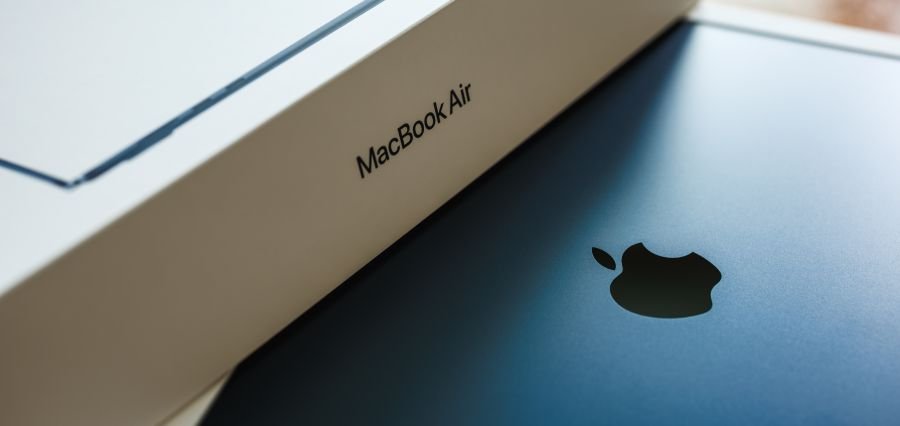Prime Highlights:
- Apple’s new A19 Pro, N1 wireless chip, and C1X modem give the company full control over the core chips in the iPhone Air, enabling faster, more efficient performance.
- The A19 Pro’s AI processors in every GPU core allow advanced on-device AI tasks, improving speed, battery life, and privacy.
Key Facts:
- The N1 chip helps handle Wi-Fi and location tasks independently, reducing power usage and extending battery life.
- Apple plans to manufacture some of its chips in the U.S., partnering with TSMC’s Arizona facility as part of a $600 billion domestic investment.
Key Background:
Apple has taken a major step in its hardware strategy by gaining full control over all the core chips in its new iPhone Air, which went on sale Friday. The company’s latest A19 Pro processor, alongside the N1 wireless chip and C1X modem, highlights Apple’s renewed focus on artificial intelligence and device efficiency.
The A19 Pro chip introduces a redesigned architecture that places neural accelerators directly into every GPU core. This move is aimed at boosting AI performance on-device, allowing tasks such as advanced image recognition and real-time processing without relying heavily on cloud services. According to Apple executives, the integration delivers MacBook Pro–level machine learning performance within an iPhone, improving speed, responsiveness, and user privacy.
Alongside the A19 Pro, Apple unveiled its first wireless chip for iPhone, the N1. Previously, Broadcom supplied Apple with Bluetooth and wireless solutions, but the N1 now allows Apple to manage Wi-Fi and location services more efficiently. The N1 handles some tasks on its own, which helps save power and makes the battery last longer.
The iPhone Air also debuts Apple’s C1X modem, an upgrade to the C1 launched earlier this year. While Qualcomm modems are still present in other iPhone 17 models, Apple’s in-house modem marks a shift toward independence. Early reports suggest the C1X may not yet match Qualcomm in throughput, but its energy efficiency offers users longer usage between charges.
Industry analysts believe Apple’s strategy will eventually phase out third-party modem suppliers entirely. “They can control it and make it run at lower power,” said Ben Bajarin of Creative Strategies, noting that battery life gains could outweigh raw performance gaps in the short term.
Apple is also investing heavily in U.S. chip manufacturing. With a $600 billion commitment over the next four years, the company is partnering with Taiwan Semiconductor Manufacturing Company’s new Arizona facility to expand domestic production, though leading-edge chips will continue to be made in Taiwan for now.
With tighter hardware control and a sharper AI focus, Apple is positioning the iPhone Air and future devices as powerful, efficient, and privacy-driven tools for the next wave of mobile computing.
Read Also : SoftBank’s PayPay Plans $2 Billion U.S. IPO in Late 2025





